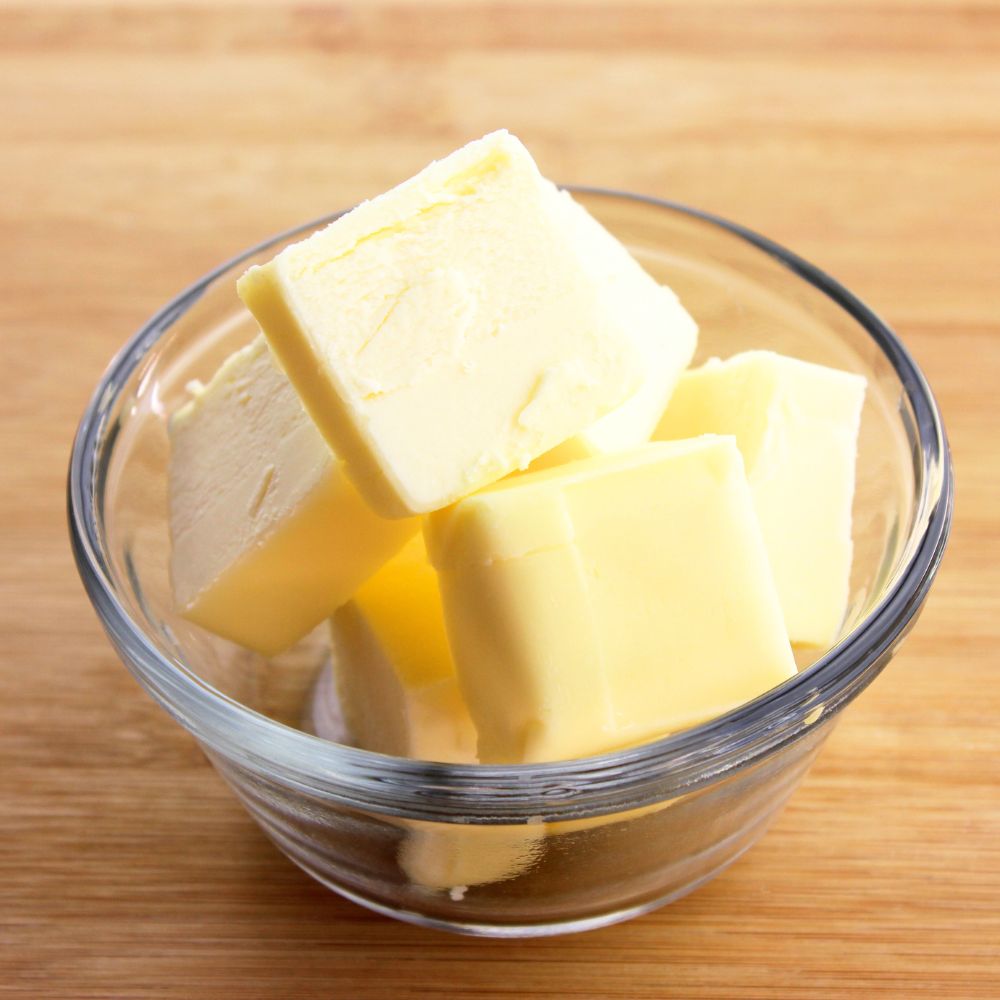Butter has long been a staple in kitchens around the world, known for its rich flavor and versatility in cooking and baking. However, with increasing awareness of dietary health, many people are seeking healthier alternatives to butter. Whether for health reasons, dietary restrictions, or personal preferences, there are numerous substitutes that can provide similar textures and flavors. In this article, we’ll explore some of the best healthy alternatives to butter.
Why Consider Butter Substitutes?
- Health Reasons: Traditional butter is high in saturated fats and cholesterol, which can contribute to heart disease. Many people are looking to reduce their intake of these components.
- Dietary Restrictions: For those following vegan, dairy-free, or lactose-intolerant diets, butter can be off-limits.
- Caloric Control: Substitutes can often provide fewer calories or healthier fats, making them suitable for those looking to manage their weight.
Healthy Substitutes for Butter
1. Olive Oil
Olive oil is a heart-healthy fat packed with monounsaturated fats and antioxidants. It works well in salad dressings, marinades, and for sautéing vegetables. When baking, you can replace butter with olive oil in a 1:1 ratio, although it may impart a slightly different flavor.
2. Coconut Oil
Coconut oil has garnered popularity for its unique flavor and potential health benefits. It’s solid at room temperature, making it a suitable 1:1 substitute for butter in baking. Choose unrefined coconut oil for a more natural option.
3. Applesauce
Applesauce is a great option for baking, particularly in sweet recipes. It adds moisture and sweetness while reducing calories and fat. Use unsweetened applesauce as a 1:1 substitute for butter in recipes like muffins and cakes. It complements both savory and sweet recipes nicely.
4. Nut Butters
Nut butters such as almond, cashew, or peanut butter can provide a creamy texture and rich flavor. They’re excellent in baked goods and spreads. Use them in equal amounts as a substitute for butter, keeping in mind that they will alter the flavor profile.
5. Greek Yogurt
Greek yogurt is a protein-rich option that adds creaminess to recipes while cutting down on fat. It complements both savory and sweet foods. Substitute half the amount of butter with Greek yogurt (e.g., ½ cup butter = ¼ cup Greek yogurt + ¼ cup butter) for a healthier option.
6. Avocado
Mashed avocado is a creamy, nutritious alternative that can enhance the flavor of baked goods. It’s rich in healthy fats and fiber. Substitute avocado for butter in a 1:1 ratio, but expect a slightly different texture and taste.
7. Silken Tofu
Silken tofu is an excellent dairy-free option that can be blended to a smooth consistency, making it perfect for baking. It’s low in calories and provides a good source of protein. Use it in a 1:1 ratio for a creamy texture in recipes like brownies and pancakes.
8. Margarine
While margarine can be an alternative, it’s essential to choose a healthy, non-hydrogenated version to avoid trans fats. Look for options made from natural oils and fats, and use them in a 1:1 ratio for butter.
9. Nut and Seed Oils
Nut and seed oils, such as walnut oil, flaxseed oil, or pumpkin seed oil, can add unique flavors to your dishes. These oils are rich in omega-3 fatty acids and other beneficial nutrients. Use them in dressings or for drizzling over dishes rather than as direct substitutes for butter.
10. Unsweetened Applesauce and Pumpkin Puree
Similar to applesauce, pumpkin puree can replace butter in baked goods, providing moisture and a slight sweetness. Use it in a 1:1 ratio in recipes like bread, muffins, or pancakes.
Conclusion
Choosing healthy substitutes for butter can enhance your cooking while contributing to a balanced diet. From heart-healthy oils to nutrient-dense fruits and proteins, these alternatives offer diverse flavors and textures to fit any recipe. Experiment with these options to find the substitutes that best suit your taste and dietary needs, making your meals both delicious and nutritious.

